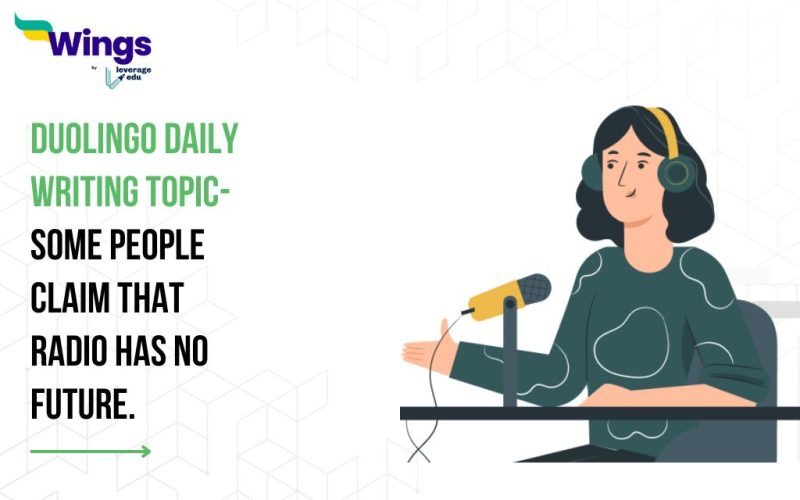Ans: In the era of the internet and social media, it is easy to claim that the internet has no future, but I disagree; it is important to remember its unique advantages, such as being an accessible medium and possessing a charm that can never be replicated.
Radio is a medium that everyone can access irrespective of one’s technological prowess or access to the internet. It is a source of local news and information, invaluable in times of crisis. In addition to this, radio does not require internet, so in areas where there is poor or no internet connectivity, it is accessible, making it a reliable source of information.
Furthermore, radio has a charm that is hard to replicate. There is something comforting about listening to one’s favourite radio channel and hearing familiar voices, or listening to a new song or an interesting discussion. It is more of a passive form of media consumption, which gives us a break from the constant bombardment of information that one often gets online. Radio fosters a sense of community, as listeners from a particular area tune into the same station and share a common experience.
To conclude, while the growth of the internet and social media has certainly changed the media landscape, it does not mean that radio has no future. Instead, it allows radioing to adapt and evolve by finding new ways to engage listeners and stay relevant in the digital age.
If you liked this answer and wish to have a deeper understanding of English language proficiency tests and their difference, check out this video given below👇.
Download the Leverage App today.


Need help to prepare for Duolingo? Check out the best Duolingo English Test Prep courses in the market offered in a live training environment by trusted educators. If you want to help studying abroad, call 1800-57-2000.


 One app for all your study abroad needs
One app for all your study abroad needs












 60,000+ students trusted us with their dreams. Take the first step today!
60,000+ students trusted us with their dreams. Take the first step today!